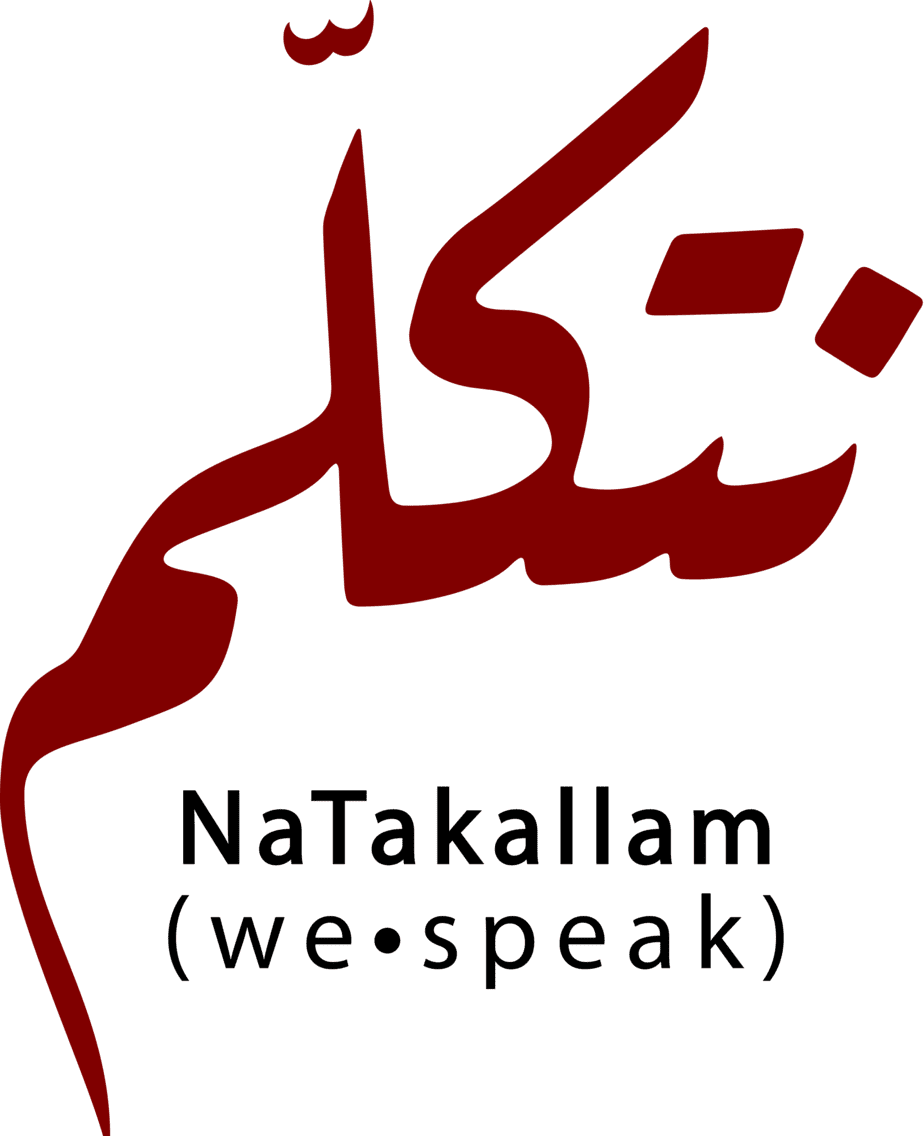Top 5 Reasons Why You Should Learn Ukrainian
Ready to learn a new language, create a social impact and make a friend along the way? From tasty dumplings to lively dances, from powerful prose to an unexpected connection to popular Christmas carols, here are our top 5 reasons why you should learn Ukrainian!
1. Connect with 40 million people worldwide
Ukrainian is the official language of Ukraine. It is the second most widely-spoken Slavic language after Russian, with an estimated 40 million speakers across the globe. Even before the present crisis, Ukrainian diaspora communities could be found in countries such as Argentina, Brazil, Canada, Germany, Kazakhstan, Moldova and the United States.
The increase in migration amongst Ukrainian nationals is set to spark a surge in speakers of the language. Ukrainian literacy is also on the rise as both new and old generations work to preserve their culture, in an ongoing effort to overcome socio-political oppression.
2. Experience vibrant folk culture
Ukrainian folklore is deeply rooted in ancient Slavic and later Byzantine traditions: from lively dances such as hopak, hutsulka and kolomiyika to intricate craft traditions like Petrikov painting, pysanky decoration, and rushnyk embroidery. Ukraine is also home to some fantastic dishes such as paska (Easter bread), borscht (beetroot soup) and varenyky (dumplings)!
But perhaps it is through music that we are offered a true glimpse into the soul of the language. Many of these songs have accompanied people in their day-to-day lives, whether it be on the fields at work or during national holidays. One song, in particular, travelled across the ocean and became a Christmas classic in the Western world. It may surprise you to know that ‘Carol of the Bells’ is allegedly a derivative of Shchedryk (Щедрик), a traditional Ukrainian folk song about a swallow foretelling a household’s future wealth the following spring. It is said that its rise to popularity was owed to the Bolshevik purge of the intelligentsia, during which time many Ukrainian Choir members fled to the USA. Upon their arrival, Shchedryk was adopted by Alexander Koshyts, whose choir performed the song in New York for the first time in 1922.
Ukrainian culture is rich, vibrant, and truly an experience to cherish.
3. Delve into Ukrainian literature
Ukrainian literature – as well as the history behind it – is simply fascinating! Despite a history of literary oppression and struggle, Ukrainians have produced some of the greatest literary works of all time. Such efforts include Taras Shevchenko’s famous poetry collection, Kobzar, a tribute to Ukrainian identity, and Ivan Franko’s dramatic masterpiece, Stolen Happiness. Contemporary authors are also deserving of recognition. Writing phenomena, such as Liubko Deresh, are even known to contrast post-Socialist Ukrainian reality with Western pop culture.
Although Ukrainian authors have endured persecution over time, this has made their work all the more significant. As a matter of fact, the term ‘‘Executed Renaissance’’ is used to describe a generation of Ukrainian writers, poets and artists of the 1920-30s who lost their lives for resisting Stalin’s Russification of Ukrainian literature.
For avid readers and literary enthusiasts, learning Ukrainian will enable a deeper understanding of the country’s rich literary history.
4. Gateway to Slavic languages
Ukrainian uses the Cyrillic alphabet and belongs to the Slavic language family. Knowledge of Ukrainian will provide the necessary building blocks to learn similar languages such as Polish, Slovak, Belarussian and Russian. For example, did you know that, statistically speaking, Ukrainian is closest to Belarusian, sharing 84% of its vocabulary? Ukrainian speakers are also likely to understand 70% of Polish vocabulary and about a third of its grammar rules. Slovak stands at number three on the list with 66% common vocabulary.
If your interests lie in the languages of Eastern Europe, Ukrainian is a fantastic place to start!
5. Learn from a native speaker AND make an impact
The devastating impact of the war in Ukraine has caused more than 5.5 million Ukrainians to flee the country and over 7.1 million persons internally displaced.
As a response to the invasion in Ukraine, NaTakallam has launched language services in Ukrainian and Russian, providing tangible and immediate support to conflict-affected Ukrainians and Russian-speaking Ukrainians. Each language session directly contributes to the livelihoods of our language partners, enabling them with a sustainable income and sense of dignity through these difficult times.
Ready to learn Ukrainian, today? Sign up here and we’ll connect you with one of our highly-qualified Ukrainian language partners directly impacted by the conflict.
Learn a language, make a friend and support the livelihoods of forcibly displaced persons – from the comfort of your home.
Top 5 Reasons Why You Should Learn Ukrainian Read More »



